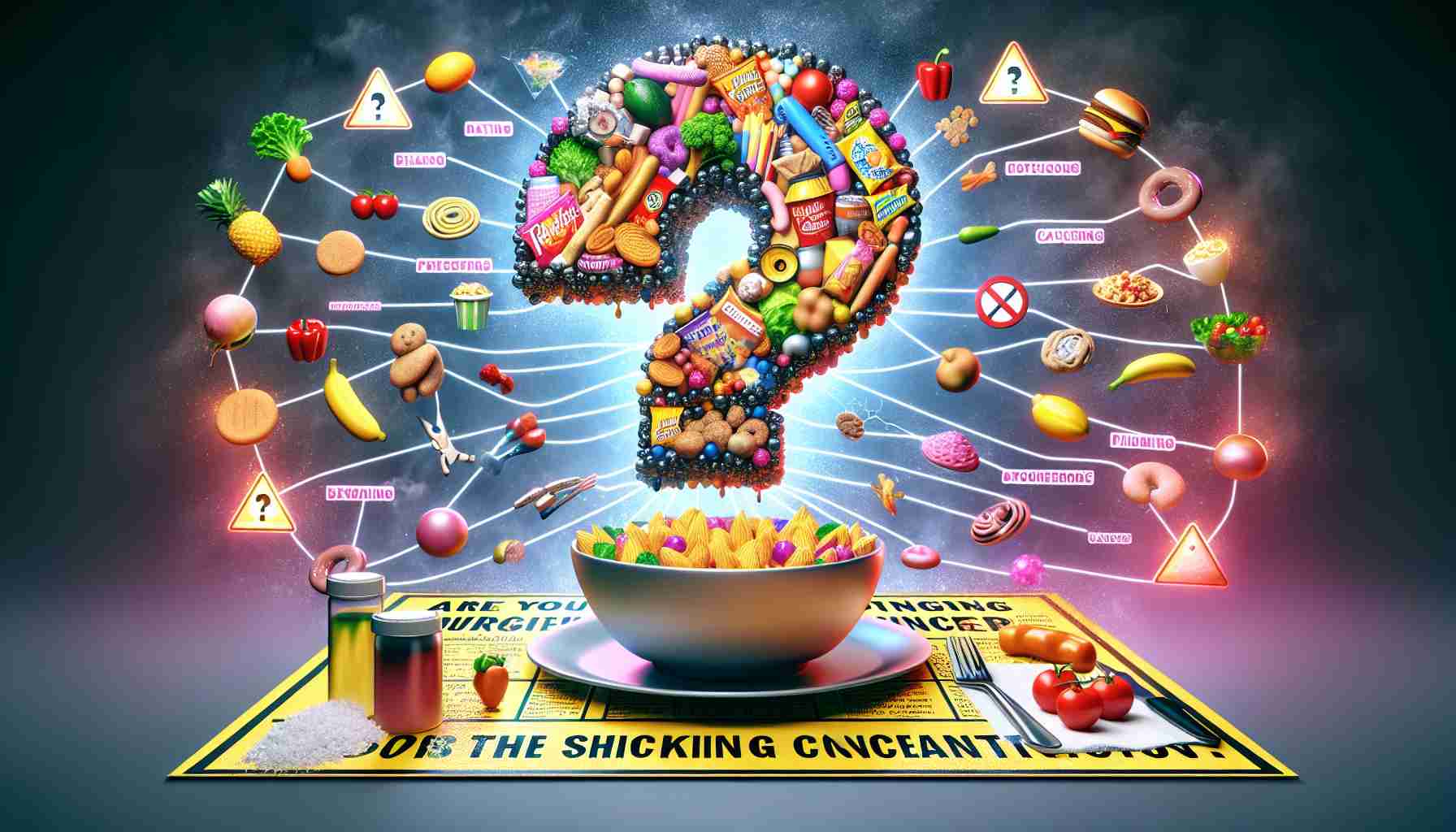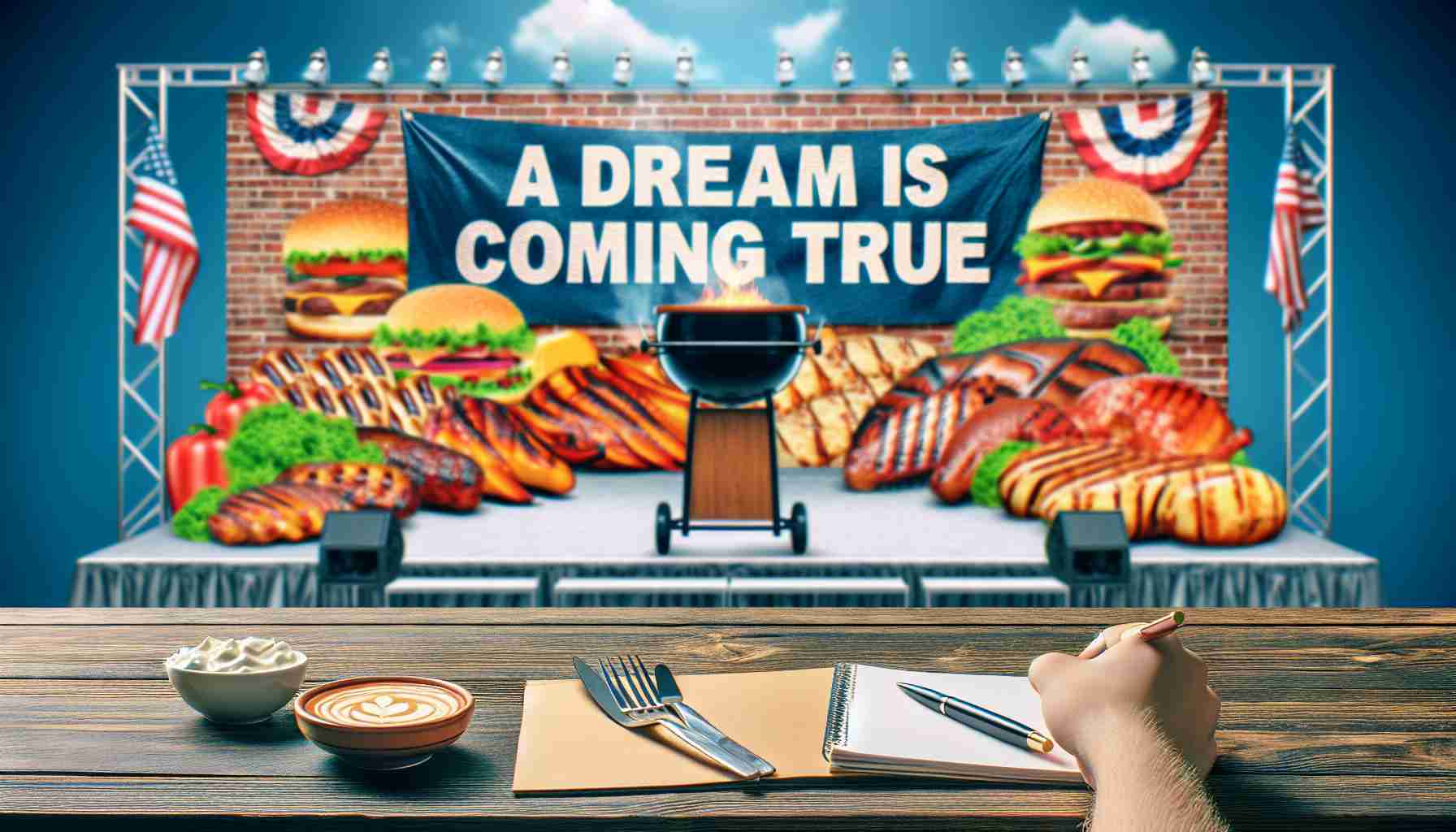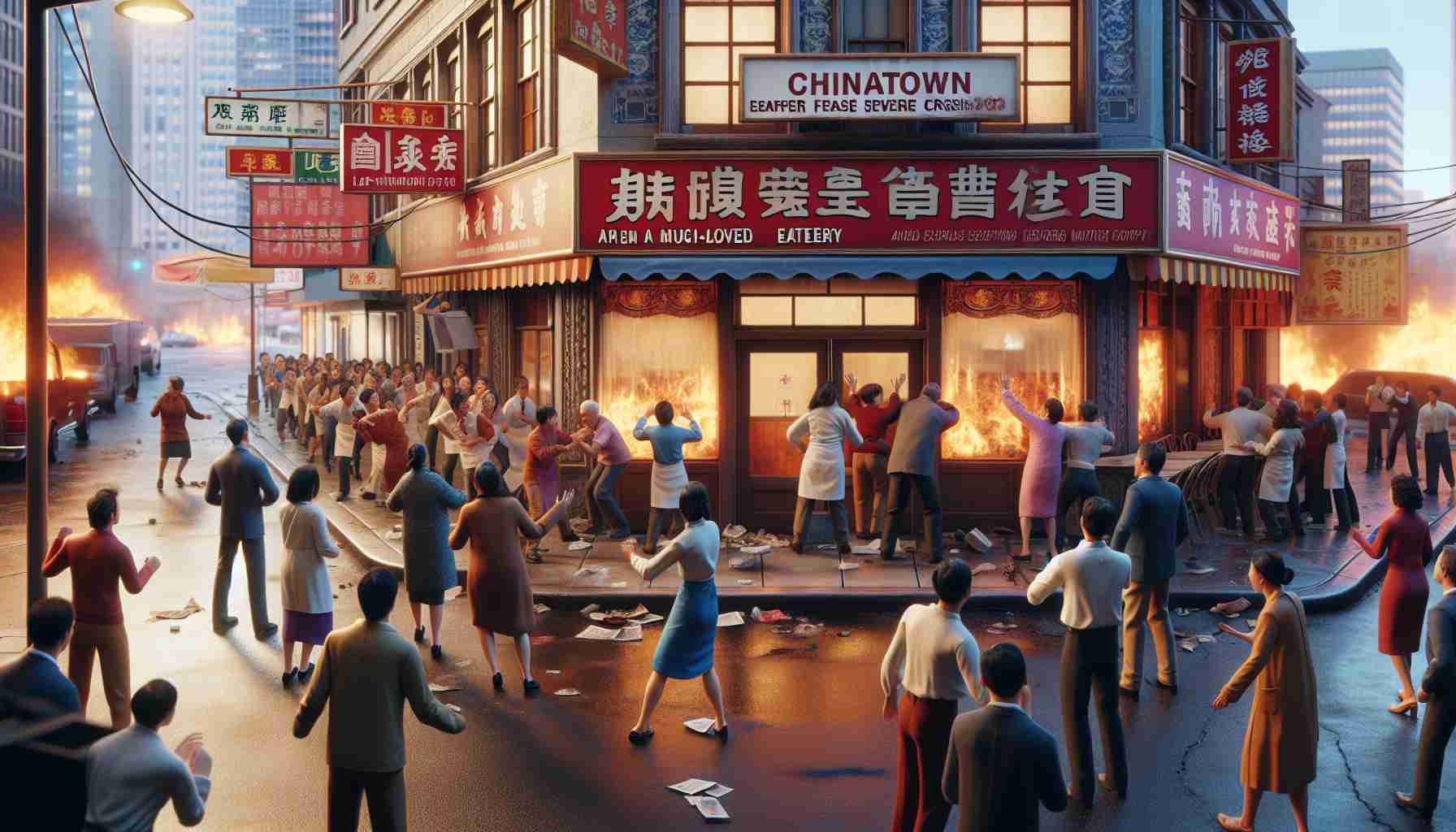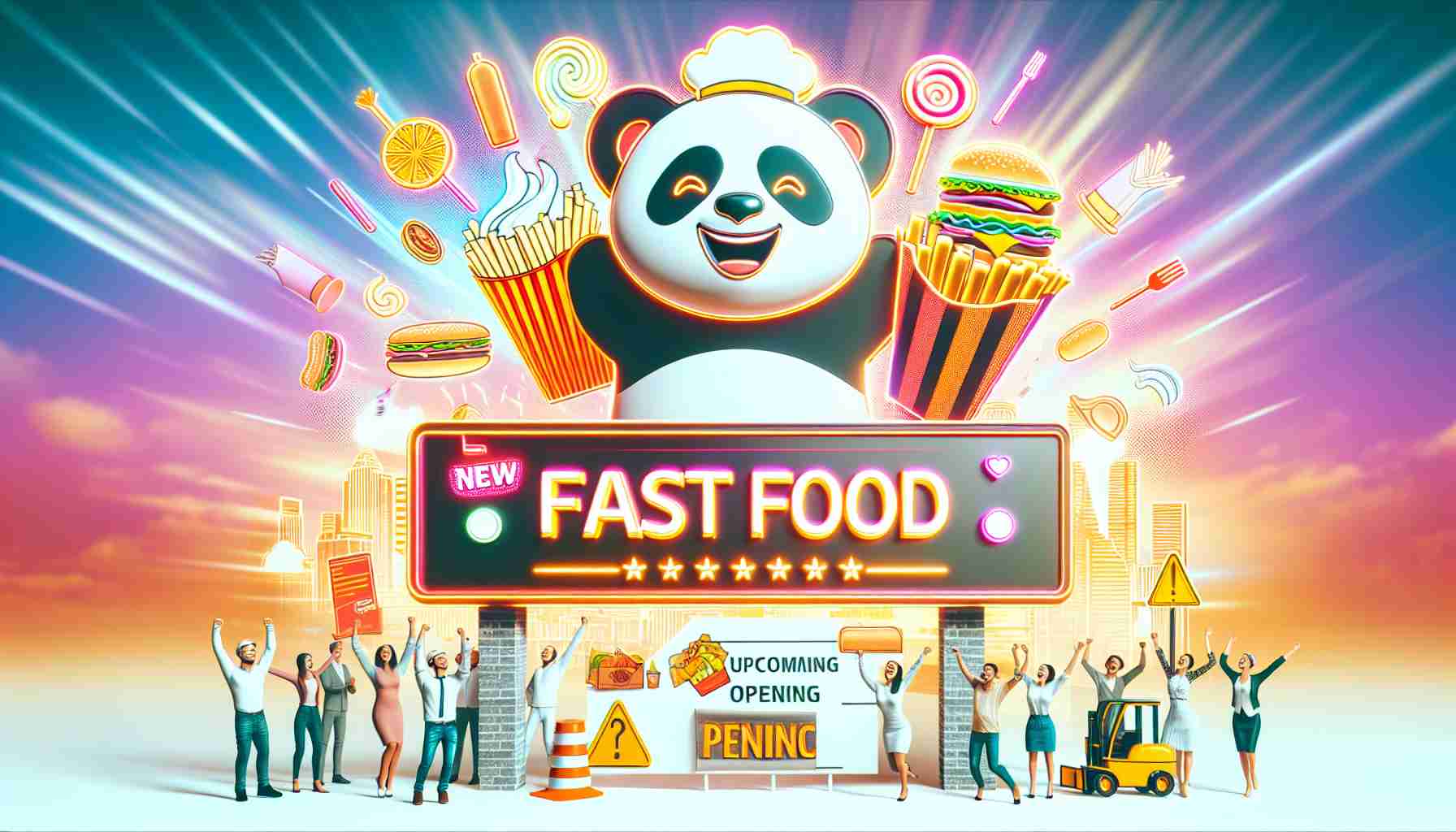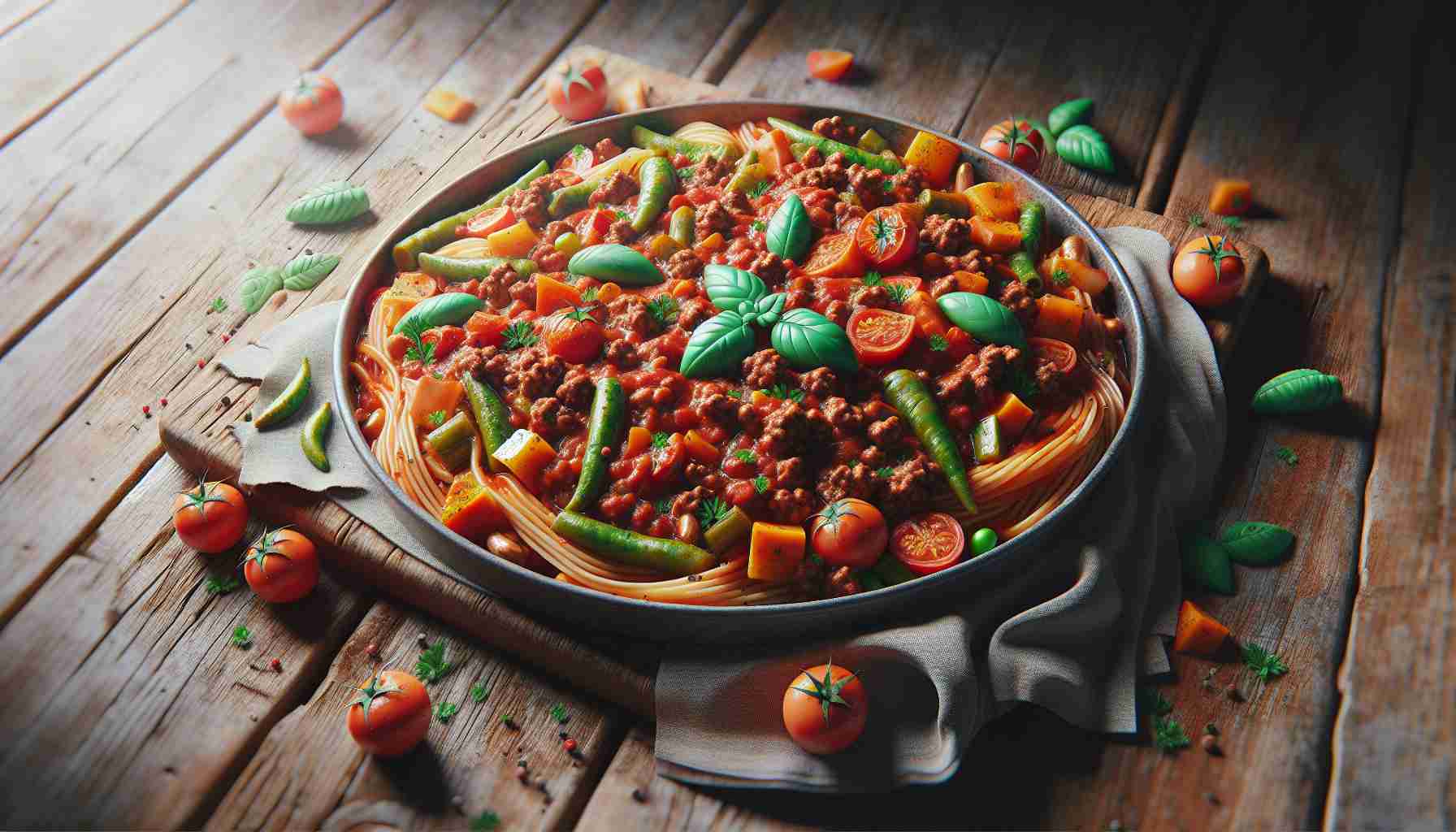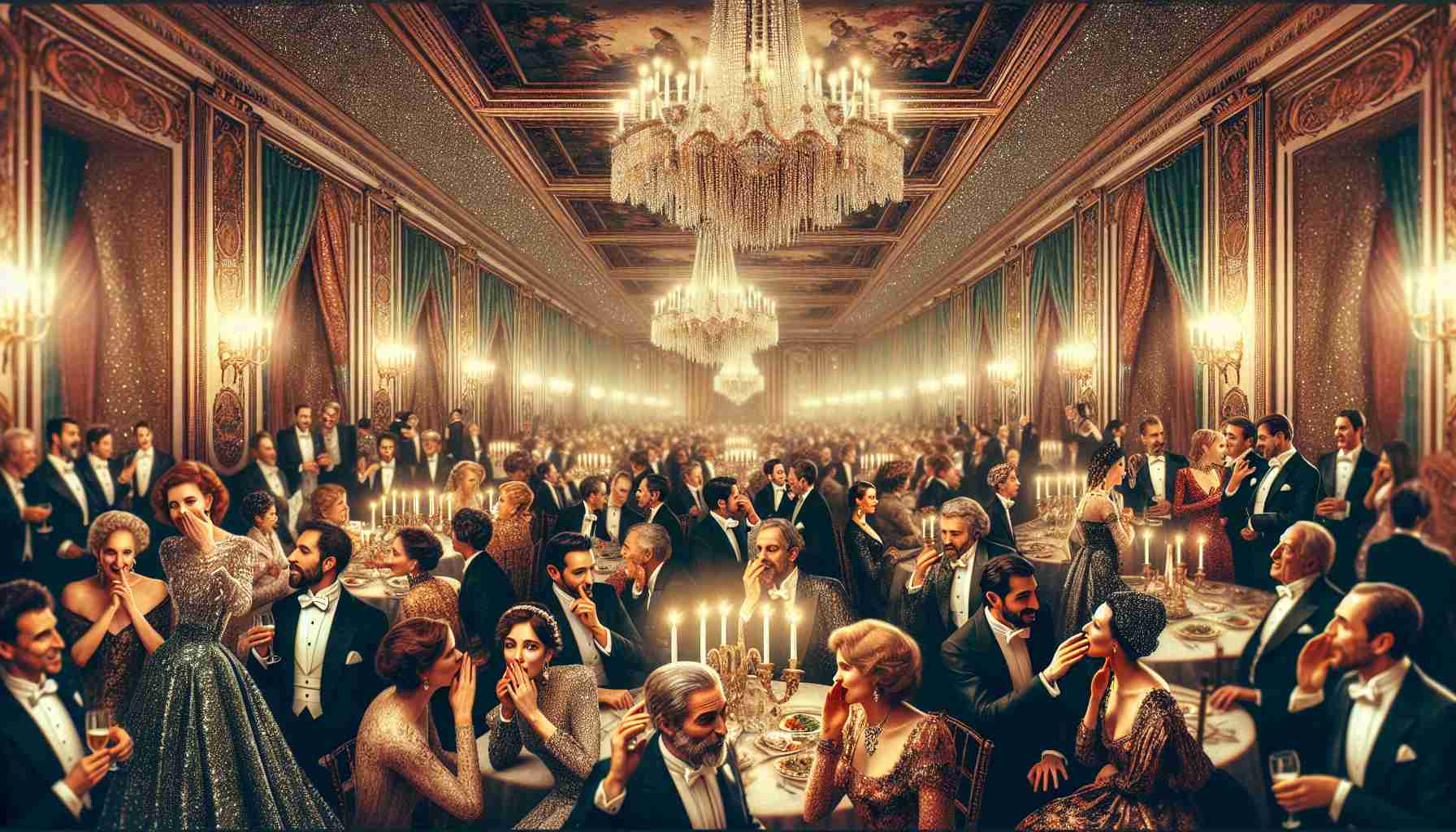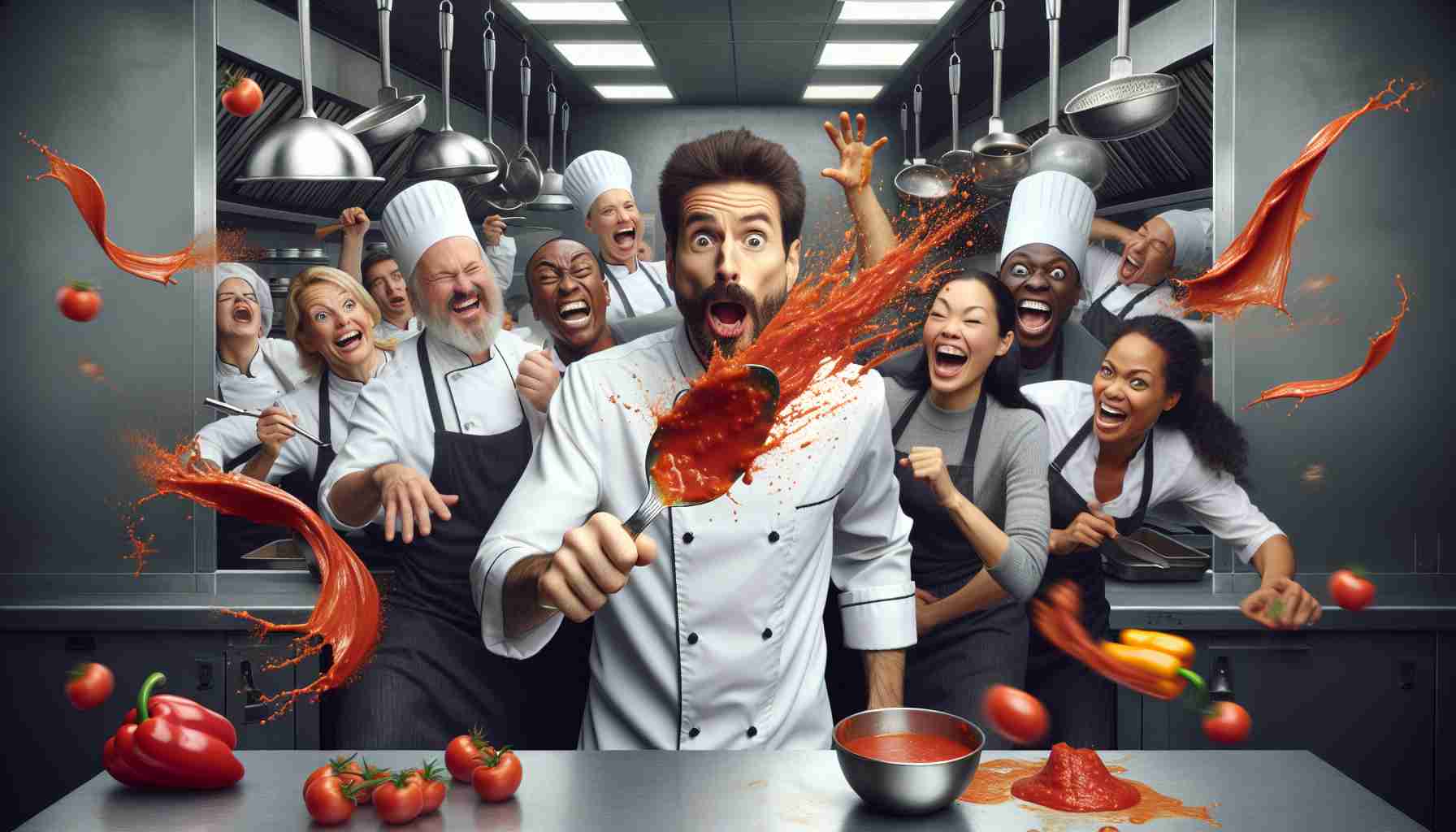The Spoon Incident: A Culinary Comedy
A hilarious kitchen mishap recently unfolded in the household of the Colberts, renowned for their comedic prowess and culinary adventures. Instead of revisiting the dreaded spoon saga, they decided to embark on a new culinary escapade that involved experimenting with unconventional ingredients and techniques.
As they commemorated significant milestones and published their latest cookbook titled “Culinary Capers: A Recipe Collection,” Mr. Colbert and Ms. McGee Colbert found themselves ready to embrace the absurdity of their past kitchen blunder. In a twist of fate, their cooking sessions evolved into a series of comedic sketches, with each dish becoming a punchline in their shared comedic narrative.
Far from the tense atmosphere of the spoon incident, laughter now filled the air as the Colberts playfully sparred over culinary preferences and cooking methods. Wooden spoons were replaced with quirky kitchen gadgets, and the sound of clashing pans morphed into a symphony of culinary creativity.
With a newfound sense of humor and camaraderie, the Colberts transformed their kitchen into a stage for culinary comedy, where each meal became a performance worth savoring. The once-feared spoon story faded into oblivion, replaced by a lighthearted culinary adventure that celebrated the joy of cooking and comedy.
Unveiling the Untold Stories Behind the Colberts’ Culinary Comedy Extravaganza
While the previous article provided a glimpse into the comedic evolution of the Colberts’ culinary journey post-spoon incident, there are hidden facts and intriguing details that deserve to be uncovered. Let’s delve deeper into the world of the Colberts’ kitchen escapades and explore the uncharted territories of their culinary comedy saga.
What were the key challenges faced by the Colberts in transitioning from the spoon incident to their current culinary comedy stage?
The Colberts encountered initial skepticism and criticism from traditional culinary circles, questioning the legitimacy of their comedic approach to cooking. Some purists argued that humor had no place in the kitchen, challenging the Colberts to defend their unorthodox fusion of laughter and gastronomy. Nonetheless, the Colberts persevered, turning detractors into fans with their unique blend of culinary creativity and comedic flair.
What advantages did the Colberts gain from embracing a culinary comedy narrative in their cooking endeavors?
By incorporating comedy into their culinary repertoire, the Colberts discovered a newfound sense of freedom and creativity in the kitchen. Laughter became their secret ingredient, adding flavor and personality to every dish they prepared. Moreover, their culinary comedy approach attracted a wider audience, transcending traditional food enthusiasts and appealing to comedy lovers seeking a fresh and entertaining dining experience.
What are the disadvantages associated with adopting a culinary comedy style in cooking?
Despite its charm and appeal, culinary comedy also posed challenges for the Colberts. Balancing humor with culinary precision required careful execution to avoid compromising the quality of their dishes. Additionally, not all comedic ventures were successful, with some experiments falling flat and failing to elicit the desired laughs. Striking the right balance between comedy and culinary excellence became a continuous struggle for the Colberts as they navigated the uncharted territories of their distinctive cooking style.
For further exploration of culinary comedy and its role in modern gastronomy, visit culinaryhumor.com for a treasure trove of hilarious and insightful resources.
This behind-the-scenes glimpse into the Colberts’ culinary comedy extravaganza sheds light on the untold stories and challenges that shaped their comedic culinary narrative. As they continue to push the boundaries of traditional cooking paradigms with their unique blend of humor and gastronomy, the Colberts stand as pioneers of a new era where comedy and cuisine intersect in deliciously entertaining ways.
